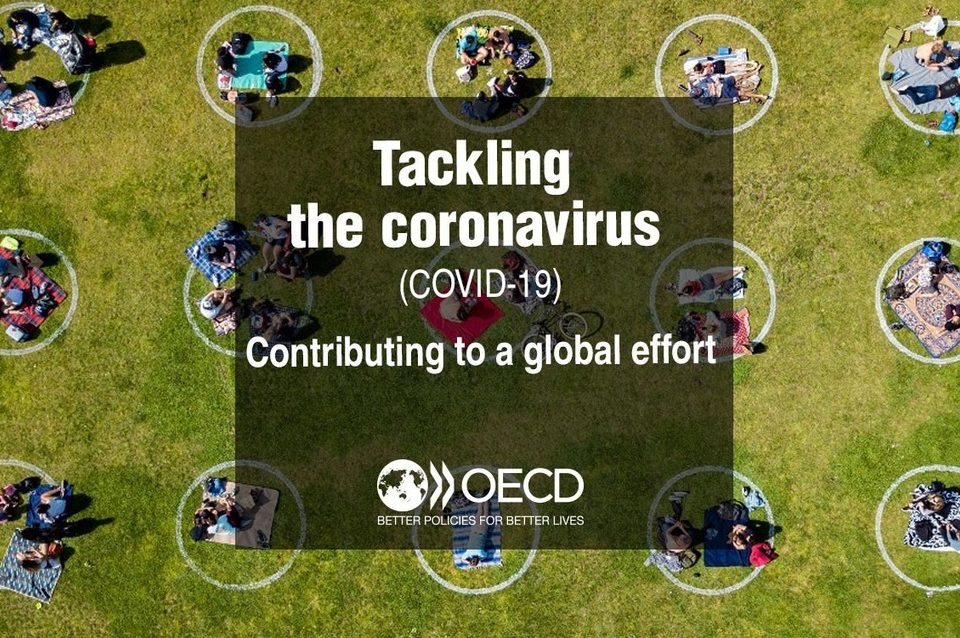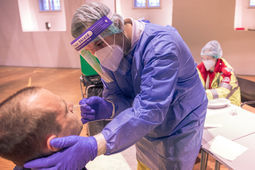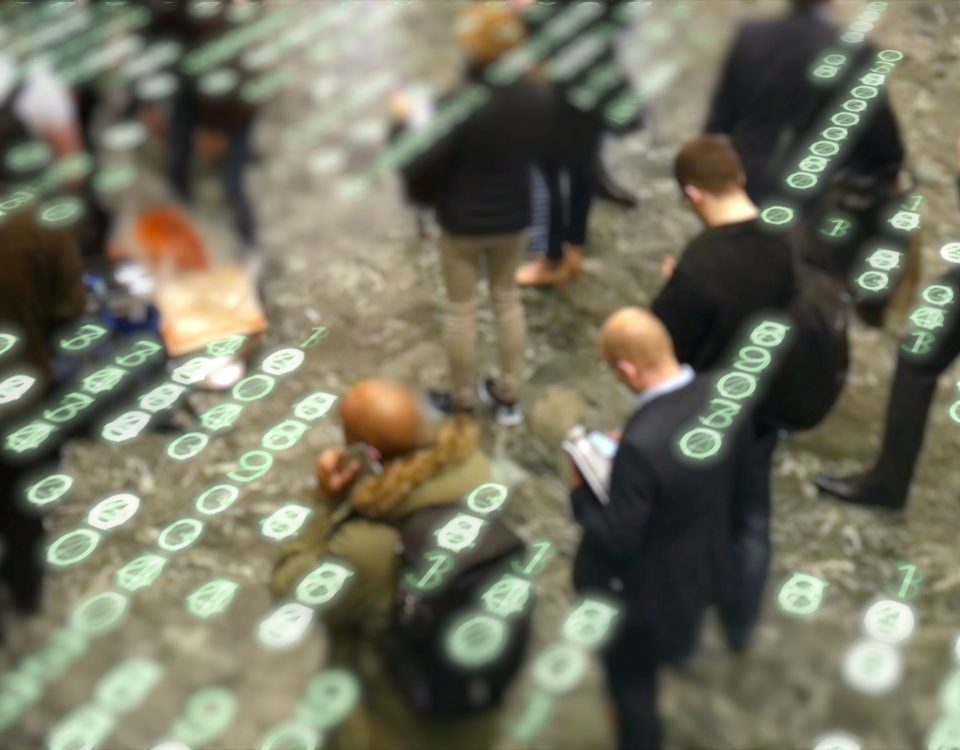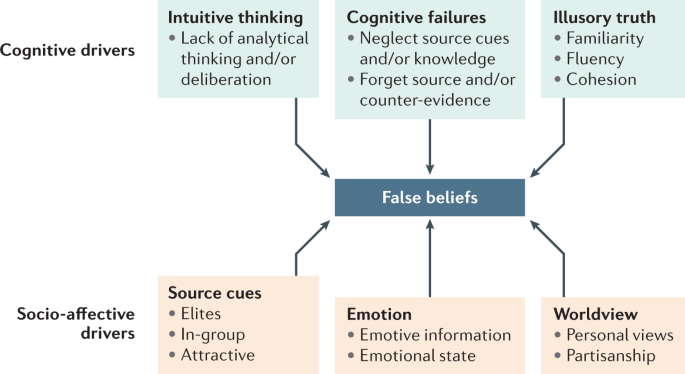Pharmageek
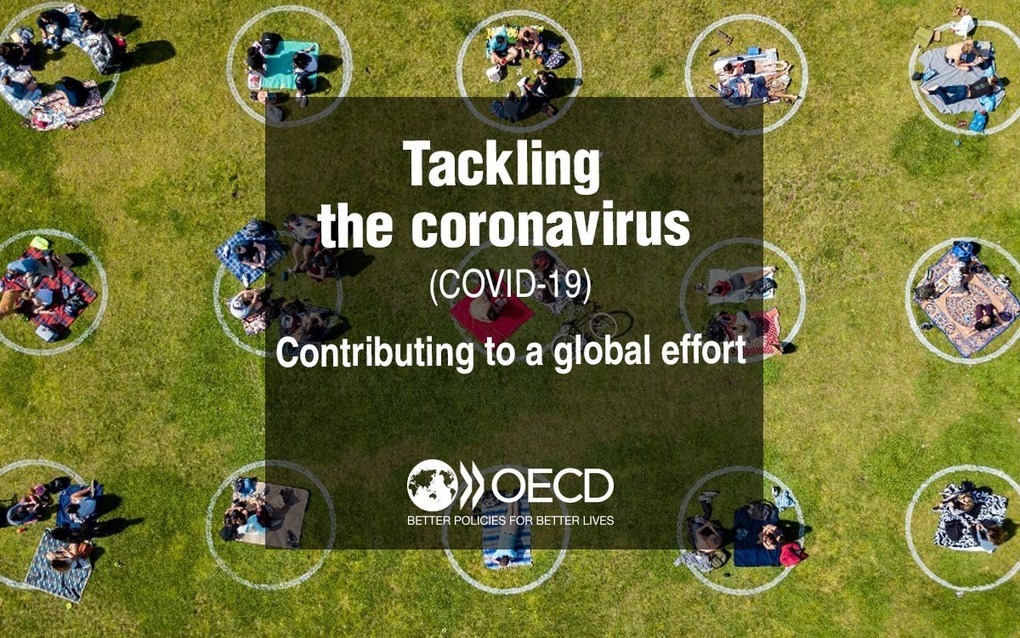
While the COVID-19 pandemic has hit different countries with varying intensity, responding to the crisis has presented an unprecedented challenge to most governments. In this context, evaluations provide critical tools to support real time sharing of lessons on what is working, what is not, what could work and for whom. This paper draws lessons from evaluations that governments have carried out themselves of their COVID-19 responses. It provides a synthesis of the evidence from 67 such evaluations produced in OECD countries during the first 15 months of the pandemic. These first evaluations show that many governments came to similar conclusions, and allow us to identify important insights that can feed into ongoing policy responses to the crisis – as well as increase future resilience.
Lire l'article complet sur : www.oecd.org
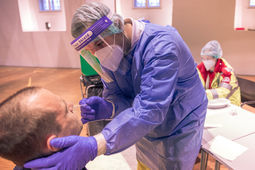
La société Francetest, éditrice d'une plateforme de transfert des résultats de tests antigéniques pour les pharmacies, est désormais conforme aux obligations du RGPD d'après la Cnil, qui vient de clôturer sa mise en demeure. Elle avait été épinglée à la suite de l'exposition d'une base de 700 000 résultats de tests du Covid-19.
Lire l'article complet sur : www.usine-digitale.fr
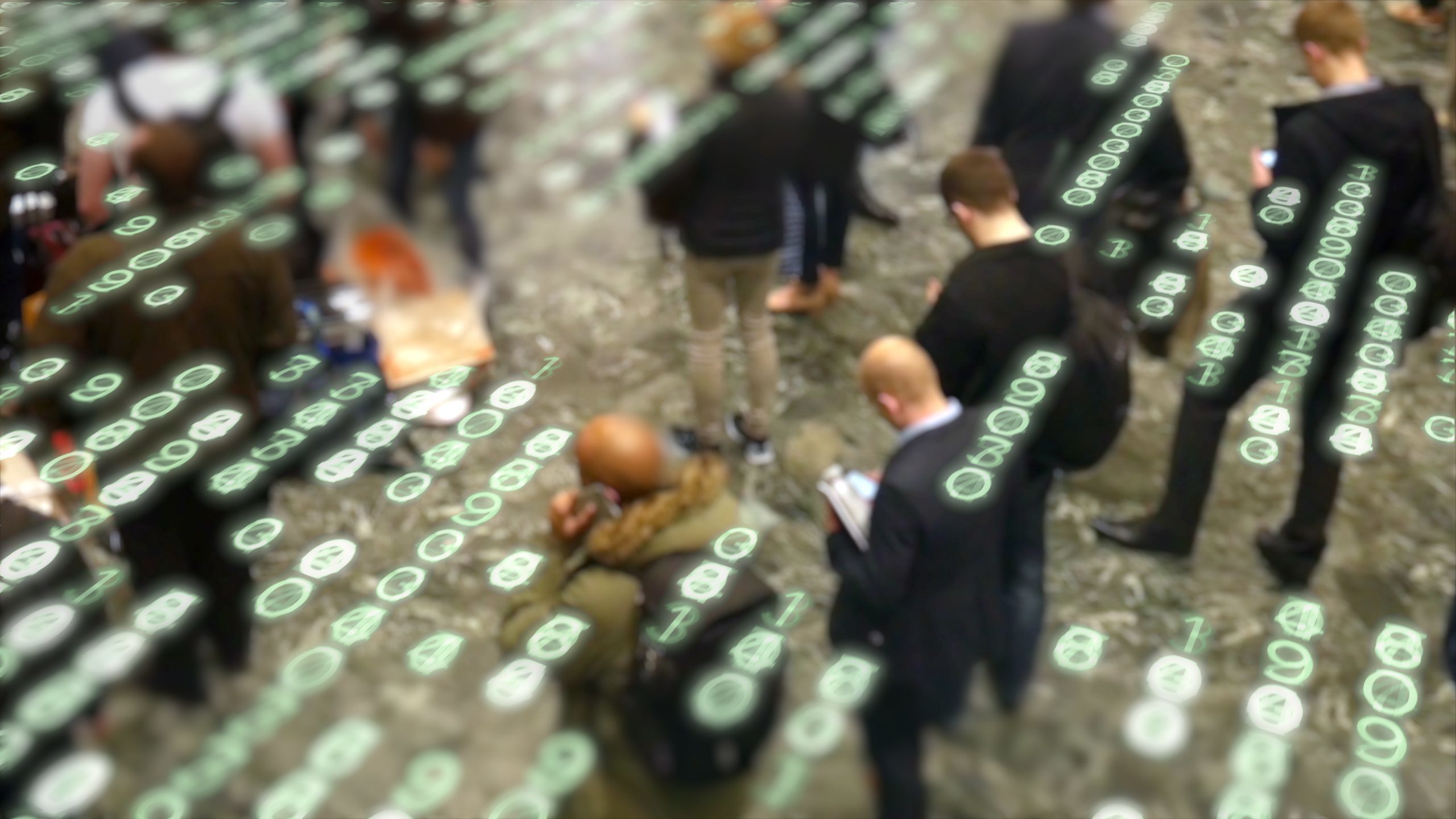
L'atteinte à la vie privée n’est admissible que si les mesures prises permettent de "ralentir la propagation de l’épidémie", rappelle la Cnil
Lire l'article complet sur : www.genethique.org
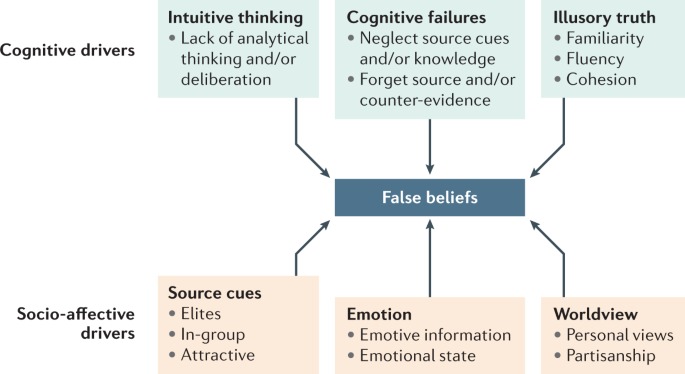
Misinformation has been identified as a major contributor to various contentious contemporary events ranging from elections and referenda to the response to the COVID-19 pandemic. Not only can belief in misinformation lead to poor judgements and decision-making, it also exerts a lingering influence on people’s reasoning after it has been corrected — an effect known as the continued influence effect. In this Review, we describe the cognitive, social and affective factors that lead people to form or endorse misinformed views, and the psychological barriers to knowledge revision after misinformation has been corrected, including theories of continued influence. We discuss the effectiveness of both pre-emptive (‘prebunking’) and reactive (‘debunking’) interventions to reduce the effects of misinformation, as well as implications for information consumers and practitioners in various areas including journalism, public health, policymaking and education. Misinformation is influential despite unprecedented access to high-quality, factual information. In this Review, Ecker et al. describe the cognitive, social and affective factors that drive sustained belief in misinformation, synthesize the evidence for interventions to reduce its effects and offer recommendations for information consumers and practitioners.
Lire l'article complet sur : www.nature.com


